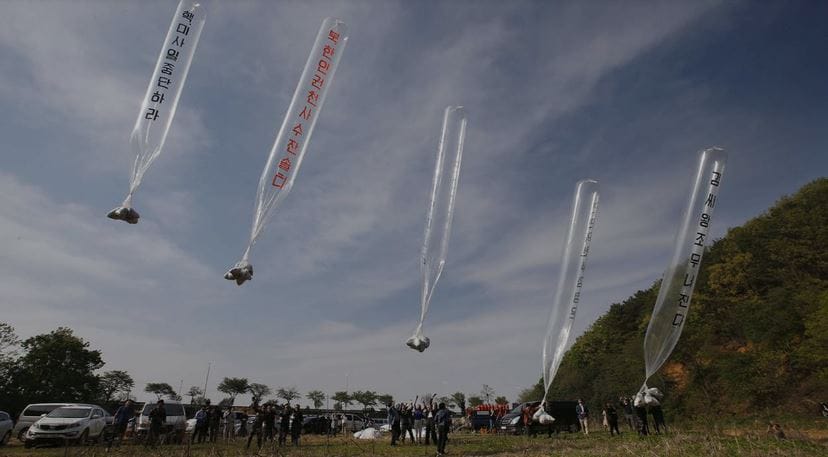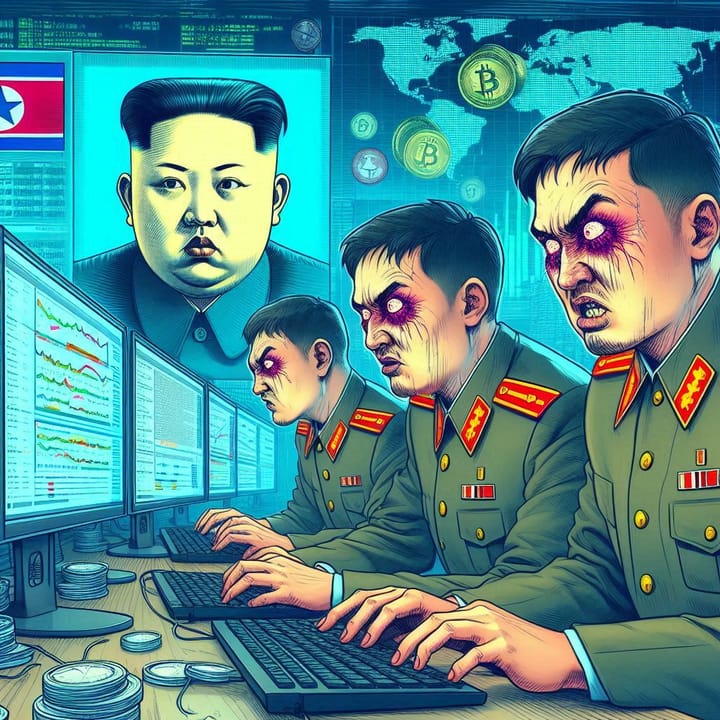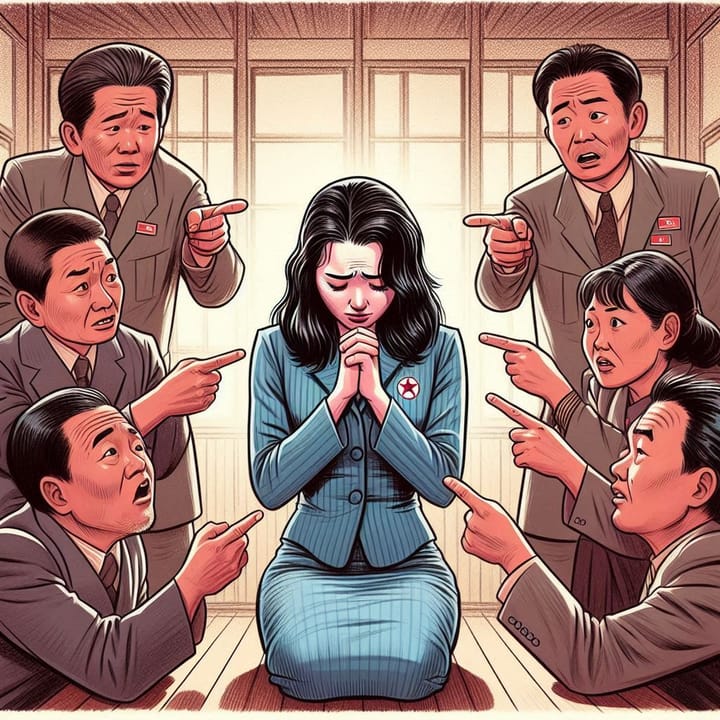The regime can't stop her
Status of North Korean defectors

Foreign visitors often ask me more about North Korean defectors. Some defectors have moved to the U.S. or Europe, where they write and speak about human rights abuses in North Korea. This might increase your interest in North Korean defectors.

Around the 90s, during the "Arduous March" period in North Korea (1990s North Korean famine), people fled the North mainly due to hunger, watching others starve to death. Now, reasons vary: family reunions, education for children, or longing for South Korean society. Initially, most defectors were men—often soldiers from the DMZ areas. Today, though, 70 to 80 percent of the population are women, likely because the regime exerts less control over them. Defectors tend to be in their 20s and 30s—likely due to their energy and drive. Numbers peaked in the 2000s, reaching 3,000 a year, but have dropped to around 1,000 annually since Kim Jong-un came to power in 2012. The reasons are unclear, though stricter border control of the North and adaptation difficulties in the South are often noted. Currently, a total of 34,000 defectors live in South Korea.
When escaping, most North Koreans cross into China and may hide there for years, earning money for the next leg of their journey. Caught by Chinese authorities, they face being sent back to North Korea, a fate even harsher if a planned escape to South Korea is discovered. China doesn’t recognize them as refugees but rather as illegal immigrants, leading to immediate repatriation. This results in severe human rights abuses, particularly for women who might be trafficked and forced into marriages in rural China.😱😠
Defectors who reach Mongolia or Southeast Asian countries may gain refugee status and resettle in South Korea. Once in the South, the government verifies their identity; if cleared, they spend 12 weeks learning about life in South Korea—how to use a bank and make a private contract. Upon completion, they receive citizenship and a national ID and can travel freely with a passport.
Defectors often experience severe psychological and physical stress. They come not directly from North Korea but from years in third countries. This journey is full of unimaginable hardships, leaving many with trauma. Psychological support is crucial; support centers provide counseling. Economic issues and employment pose challenges compounded by societal prejudice. A few years ago, the tragic deaths of a defector mother and child from starvation in Korea shocked the nation, highlighting the community’s vulnerability and the need for societal introspection. About 30 defectors have illegally returned to North Korea in the past decade, underscoring these difficulties.

After leaving families behind, defectors use brokers to send money back or help their loved ones escape. Their greatest hope is the collapse of the North Korean regime, which would enable free reunions. In North Korea, closed off from external information, defectors are key messengers of truth to their family members, potentially more potent than any other weapons.
The South Korean government should consider how to help more North Koreans escape.👍 Policies that aid the North Korean regime only delay their liberation.👎✔️




Comments ()